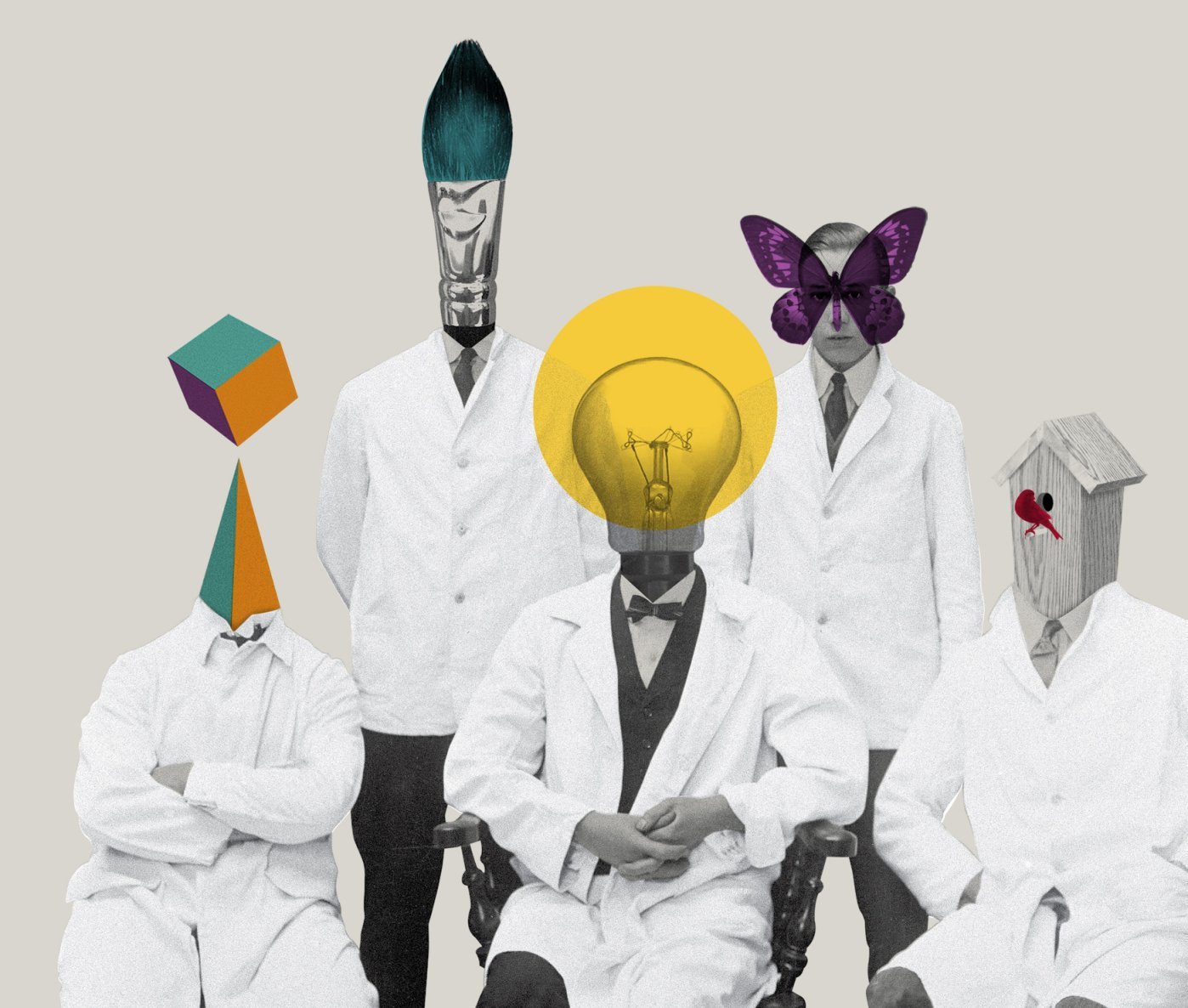
Let’s talk about rest
Artists and scientists are to explore the subject of rest in a residency at The Hub at Wellcome Collection. James Wilkes explains the role of the arts in the investigation.
The question of rest is one that seems to define modern life. From new parents to teenagers to those still working in their retirement, from marathon runners to opera lovers, from shift-workers to stockbrokers – anyone you ask will have a different take on rest. The relationship between rest and its opposites – noise, busyness, work and tumult – are often discussed in the media, but have never been looked at in a sustained interdisciplinary way. This is the aim for the first two-year residency of the Hub at Wellcome Collection, which will bring together a network of scientists, artists, humanities scholars, clinicians, public health experts, broadcasters and public engagement professionals to collectively explore the meanings of rest.
Crucially, the arts will be at the heart of this investigation. As a poet, and frequent collaborator with musicians and performers, I am familiar with some specific meanings of rest. In our time-based artforms, rest is the ground which makes meaningful utterance possible. Such rests, whether they take the form of caesurae, graphical notations or performed silences, are never neutral. The challenge is to translate such specific meanings, highly embedded within their own fields and sometimes accessed through intuition rather than language, into terms that can be understood by people working in very different disciplines. Disciplines such as neuroscience, where ideas about what happens in the brain when it is supposedly ‘at rest’ have altered radically in recent years.
We want artists to become co-investigators alongside scientists, creating scenarios where cooperation can help solve intractable problems
Why is this necessary? After all, it might be argued that the arts get along perfectly well on their own, making work that succeeds or fails in its own terms. The sciences do the same. But to accept this division is to accept only a partial understanding of the world – and, I think, goes against the sense of curiosity that drives interesting work in any field. From my own perspective, I found a past poetry residency at the Institute of Cognitive Neuroscience in London to be very generative. Exposure to the ideas, tools and languages of neuroscience allowed me to think differently about the possibilities of language, introduced me to new technologies which I have integrated into my writing and performance (such as delayed auditory feedback or ‘speech jamming’), and prompted me to investigate the history of scientific experiment.
I was lucky to be working with Sophie Scott, a neuroscientist whose generosity and infectious enthusiasm for all things vocal made the residency possible. And yet there are, I think, structural limits to the artist-in-residency model, which we will be trying to overcome in our twenty-two months at the Wellcome Collection. The artist or poet in the lab is there as a guest, and no matter how patient their host is, there is an undeniable imbalance. The artist needs the scientist but the scientist does not need the artist. By contrast, we are aiming to create what the social scientists Felicity Callard and Des Fitzgerald call “experimental entanglements”: situations in which the role of the arts is not that of an add-on to the science or a way of communicating scientific discoveries to a wider audience in a more palatable form. Instead, we want artists to become co-investigators alongside scientists, creating scenarios where cooperation can help solve intractable problems.
To take one concrete example, psychologists are very interested in the state of mind-wandering, which is closely related to the idea of rest. But gaining access to the subjective experience of mind-wandering is difficult for psychologists, for reasons that are both philosophical (you’re asking people to direct their attention to a state that emerges out of undirected attention) and practical (the questionnaires which are the usual tools in the discipline are fairly blunt instruments for such a purpose). Can poetry, with its ability to generate new combinations of words in non-rational ways, and provide a thinker with an external, linguistic object that is both theirs and not theirs, be of use here? We do not know the answer yet, but finding out is going to be exciting.
One other model we want to overhaul is the notion that public engagement only happens after the research has finished. We want to get beyond the idea that it is only useful in disseminating findings to ‘the public’. With a topic like rest, which is of interest to so many people across society, the opportunities to co-create research with individuals and communities are huge. Many of our collaborators have artistic practices that centre on knowledge exchange, community formation and collaborative making, meaning that the research we do as a group on rest – whether in a lab, library, edit suite or studio – can take place in tandem with and in response to the ideas, desires and interests of a wide range of people.
James Wilkes is a poet, writer and researcher.
www.renscombepress.co.uk
www.wellcomecollection.org/the-hub
Join the Discussion
You must be logged in to post a comment.